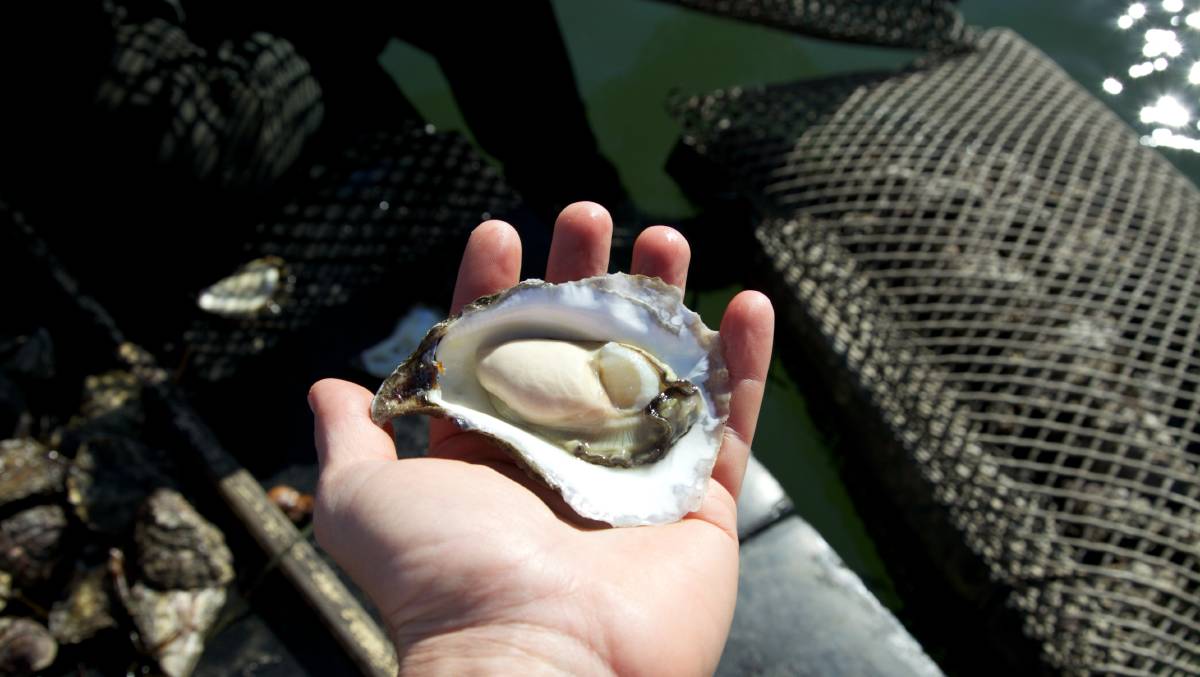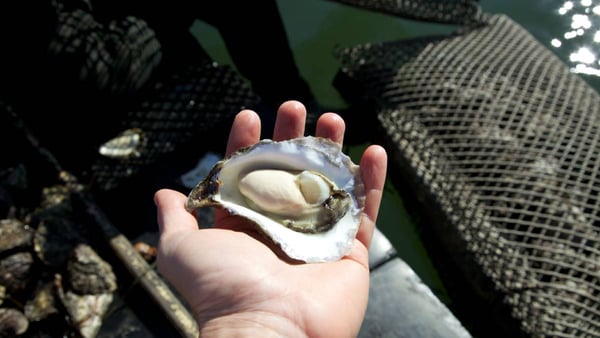4 Food Suppliers Who Are Embracing Sustainability
Find out what these four food suppliers are doing to make their businesses more sustainable and reduce environmental footprint.

wapengo-oysters
Sustainability is considered to be one of the most vital ingredients for a company’s success, and many food and beverage businesses in Australia are starting to realise this. Right now, a growing number of local suppliers are taking steps to make their business more sustainable and have a smaller environmental impact. Want to find out who these food suppliers are? Prepare to be inspired!
1. POCKET CITY FARMS (THE CAMPERDOWN FARM)
You’ve probably heard of Pocket City Farms as Sydney’s very own working city farm and the dedicated supplier of super-local, chemical-free produce. But they’re more than that.
Their first farm at Camperdown Commons is one of the most sustainable city farms you could ever lay your eyes on. It has a market garden that houses organic herbs, leafy greens, and root vegetables (all grown using regenerative and ecological farming methods); a greenhouse that serves as a safe and stable place for their seedlings; and a food forest where they get food to be distributed to local residents for free. Their Camperdown Farm even has four hens and three beehives, which help them produce more organic vegetables.
What we love most about Pocket City’s Camperdown Farm is it makes its own compost. It takes food waste from the cafes and restaurants it supplies and converts them into rich compost, which is eventually added to the garden beds. Plus, the farm hosts a range of workshops and classes, too. Visitors can volunteer, participate in composting activities, and learn all about sustainability and how food is grown.
“Our primary aim is to bring farming into the city and to create food as locally as possible,” says Pocket City Farms general manager, Emma Bowen. “People can come past and see us growing the food and then come in on a Saturday to our market and buy the food. It’s a real instant connection.”
Camperdown Farms’ produce is supplied to several local restaurants and cafes in the inner west, including Rolling Penny, Madre, Sixpenny, and Acre. It also sells its products directly to consumers through its weekend farm market and online shop.
2. SACRED GROUNDS COFFEE
Sacred Grounds is one of the few coffee roasters in Australia who has made a commitment to sustainability. In fact, they are implementing a lot of sustainability practices that go beyond just sourcing earth-friendly and ethical coffee.
Firstly, they only sell recyclable and biodegradable takeaway coffee cups and trays. This enabled them to offset 30 tonnes of carbon dioxide in 2016. They also use hessian coffee sacks instead of bubble wrap to limit the amount of plastic and delivery boxes used in the office. If they have excess sacks and coffee husks, they donate those to local businesses or to recycling shops.
This Sydney-based roaster follows a ‘Low Carbon Footprint’ practice as well. They limit their transport and choose to source their beans only from their closest neighbours so they will have a smaller impact on our environment. Sacred Grounds also helps protects our land and waterways from being polluted by using fertilisers that are organic.
“Here at Sacred Grounds we’re all about sustainable processes and products which is why all of our coffee is certified organic. Through reputable certification bodies such as Fairtrade, Rainforest Alliance and Australian Organic, we ensure that all our producers are not only treated fairly but their products live up to their claims – ie 100% organic,” the roaster says on their website.
3. TALTARNI VINEYARDS, WINERY & CELLAR DOOR
Victoria’s Taltarni Vineyards uses fewer pesticides and chemicals - instead, they rely on an army of insects to do the job naturally. Yes, insects. They call it the ‘Insectarium’.
According to Taltarni Vineyards’ manager Matthew Bailey, the Insectarium is like a beneficial insect bank. “They go out, prey on the pest insects, come back and lay their eggs so there’s generations of insects,” he explained. “It’s a simple idea that’s been happening for thousands of years, but we’ve honed it to this area.”
Apart from this sustainable practice, the vineyard also creates their own fertilizers. They turn their grape marc into compost and add it to the vineyards to enhance the biodiversity in the soil. Paper waste from all their winery departments follow the same process as well - they get pulped and then placed in the gardens. What's more, Taltarni Vineyards also utilise nothing but recycled products in order to reduce cartons, glass, and plastic usage. They even have their own beehives to improve pollination and use rainwater instead of town water.
“Irrigation is a majority run-off with a small proportion of bore water. It’s so beneficial for the wine quality and ethos of the winery. You really do see the benefits,” says Taltarni’s chief operating officer Robert Heywood. “We are also 25 per cent solar and looking to go to 50 per cent in the next two years.”
4. WAPENGO ROCKS
Organic oysters, anyone? Wapengo Rocks is the first organic oyster farm in Australia. Fine-dining restaurants in Sydney, Melbourne, and regional NSW commend them for their delicious and flavourful oysters whilst the environment loves them for their sustainable approach to farming.
Owned by Shane Buckley, Wapengo Rocks makes use of the so-called floating ‘dynamic long line’ system instead of the standard ‘post and rail’ cultivation techniques. This means they create less damage on the lake bed, allowing sea grasses to re-grow and re-generate. They also don’t use any polluting products, like pine and tar coated sticks, to harvest the oysters - they prefer to use recycled and recyclable materials alone.
“Overall, we've pulled out 95% of the fixed infrastructure. It's all floating now,” Buckley explained in an interview. “So, for instance, when you have the post and rail system of farming, the lake bed is shaded and the seagrasses won't grow. Since we removed the fixed infrastructure and introduced what I call 'dynamic' infrastructure, all the seagrasses have regenerated and we have returned the habitat to how it used to be 130 years ago before we started farming oysters here. Our efforts have culminated in the organic certification.”
Wapengo Rocks received their organic certification from Australian Certified Organic (ACO) in 2013.
We hope you're inspired with the stories of the suppliers we've showcased. Being sustainable doesn’t have to be complicated or overwhelming. There are a number of small and simple changes you can embrace so you too can reduce your environmental footprint and make your food products more organic.
Re-use as many resources as you can, use techniques that have a smaller environmental impact, educate people including your customers about the importance of sustainability, and most of all, innovate.
More industry trends like this when you visit our blog!
Categories
Sustainability
Our insights team is made up of passionate writers, researchers, chefs, baristas, web developers, tech gurus, our Founders, and even an accountant. We keep a pulse on the Food & Beverage industry to bring you insights and research to help our industry trade smarter.












